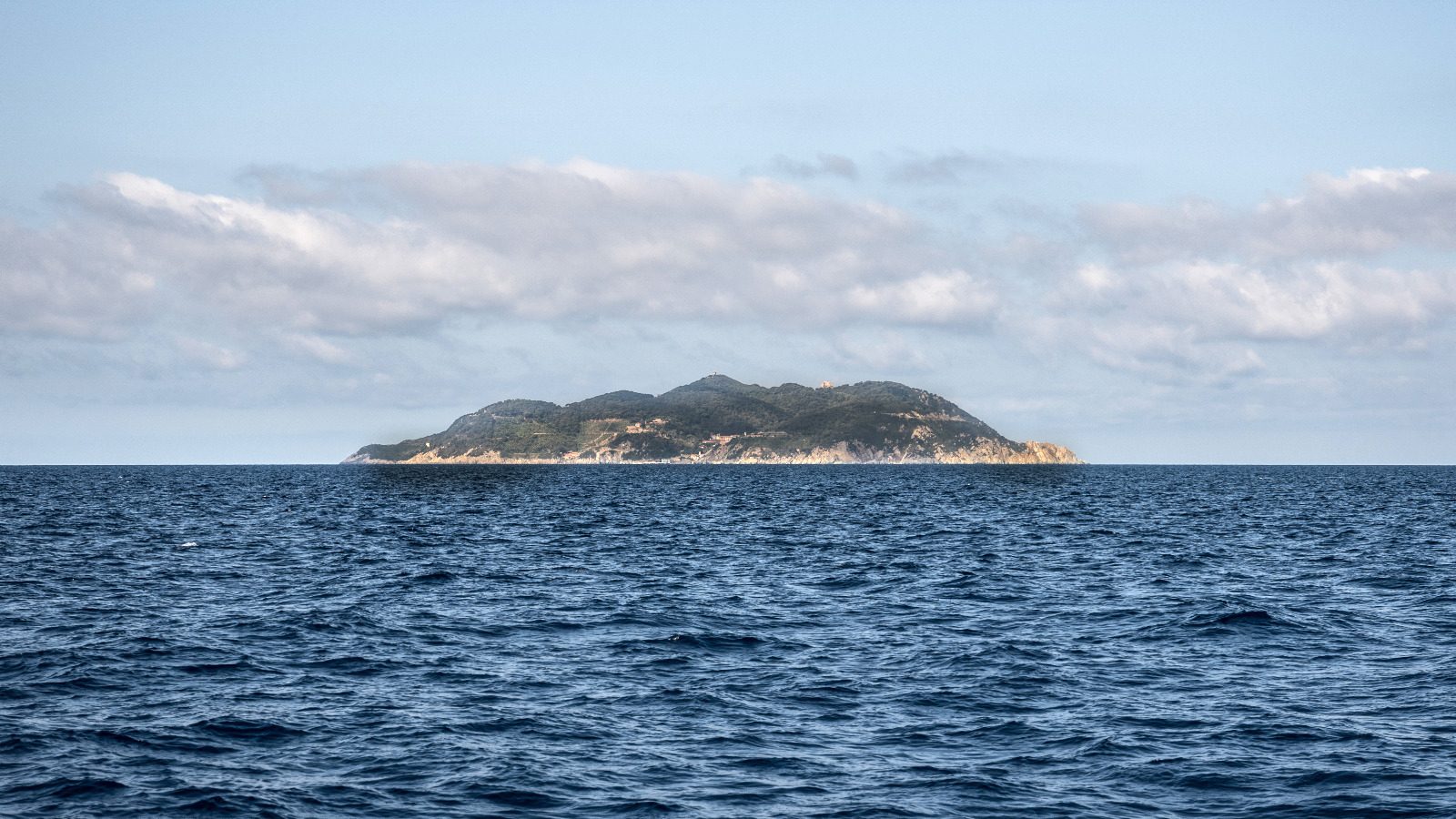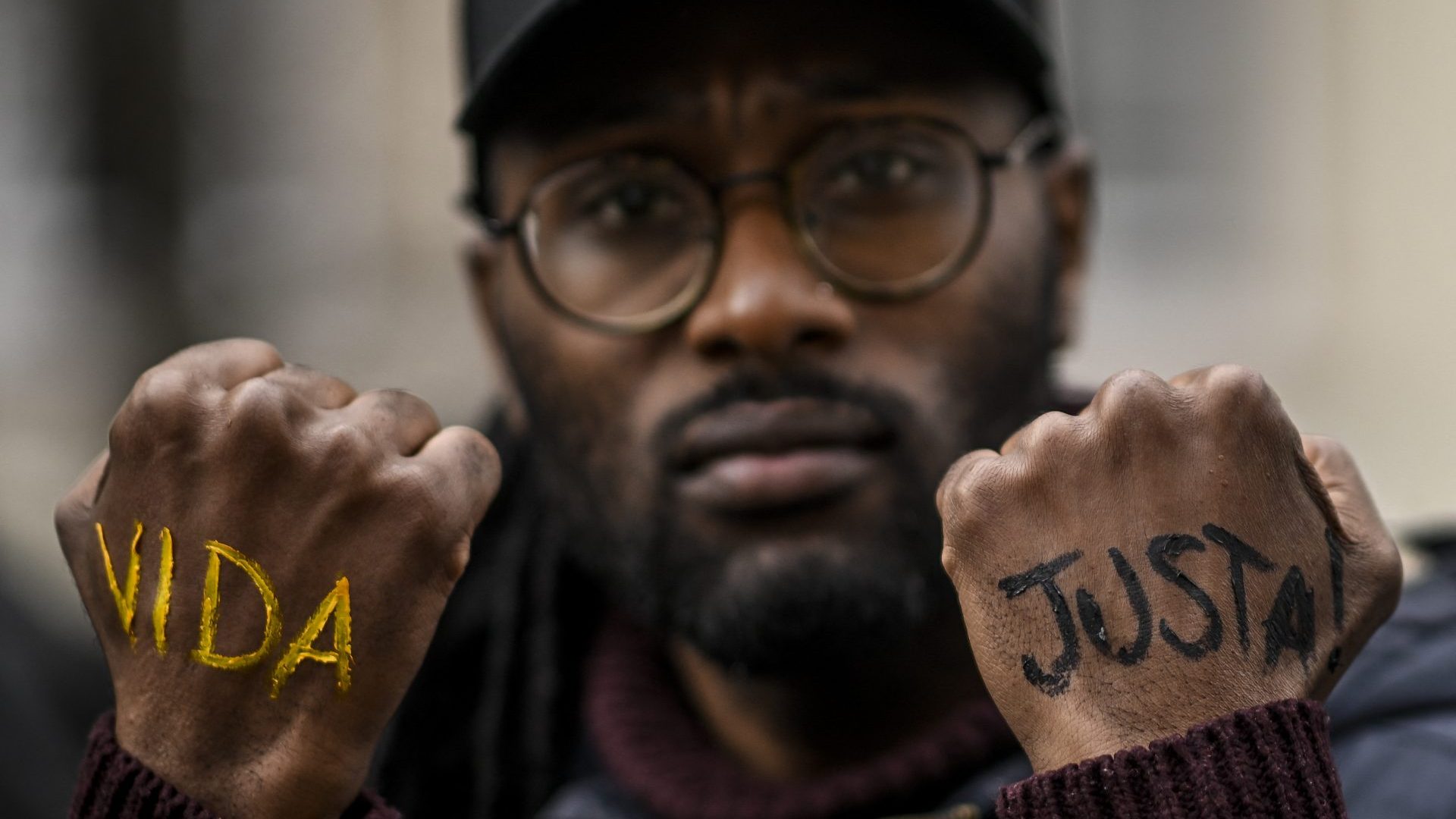For those arriving by sea, Gorgona appears as a verdant rock emerging from the dark waters, with no beaches except for the small inlet, big enough only for a few boats.
The tiny island of just over two square kilometres is the most northern and most mountainous area of the Tuscan archipelago, and has been home to a penal colony since 1869. Many of the other islands of the Tyrrhenian Sea have housed prisoners, but while these jails have been closed, only Gorgona remains.
It houses an average of 80 men in an open prison regime, which means they are only in their cells from 8pm-6am. In the morning, the iron doors are unlocked, and the men are free to go out into the orchards, to work among the vines that cover the hillside or to look after the animals; there are also those who work in the kitchen or are in charge of cleaning or maintenance. In the afternoons, they can do volunteer work, sports, or participate in cultural activities. Prisoners can meet visitors outdoors.
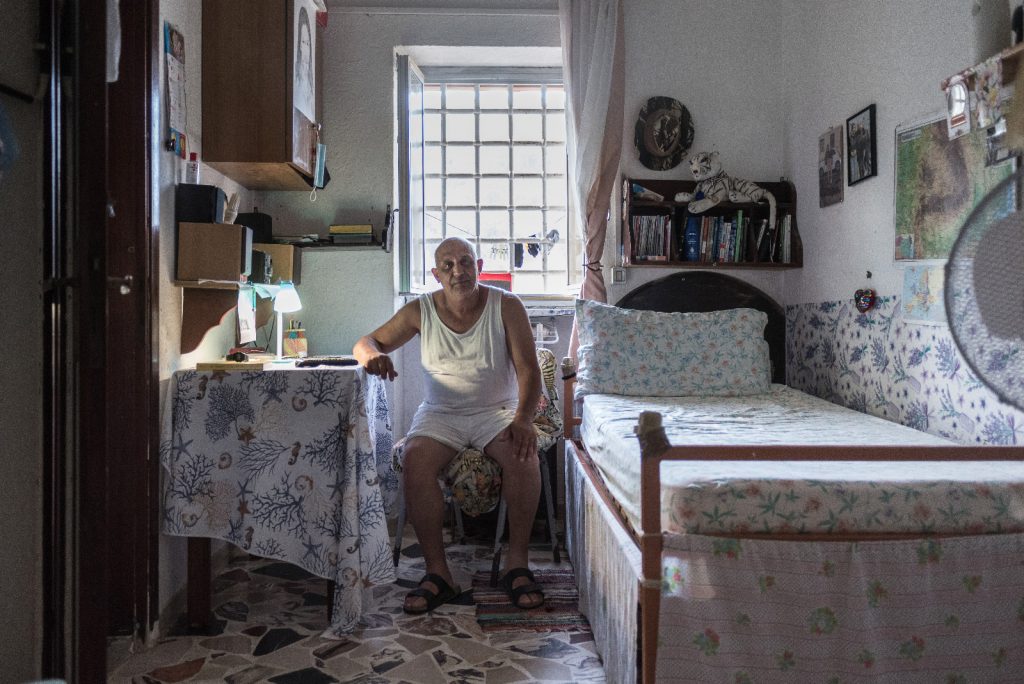
“Here, unlike in closed facilities, everyone works and is paid according to a minimum wage contract,” explains prison officer Pierangelo Campolatano. He is responsible for overseeing the arrival of new prisoners and managing their eventual release. He has been working on Gorgona since the 1990s.
“I like it,” he confesses. “You live with a different sense of time, in sync with the rhythms of the island: you are encompassed by the island; it helps you thrive in unusual situations.” On top of that, there is the unique prison experience: “We live in a sort of community where everyone has their own role,” says Campolatano.
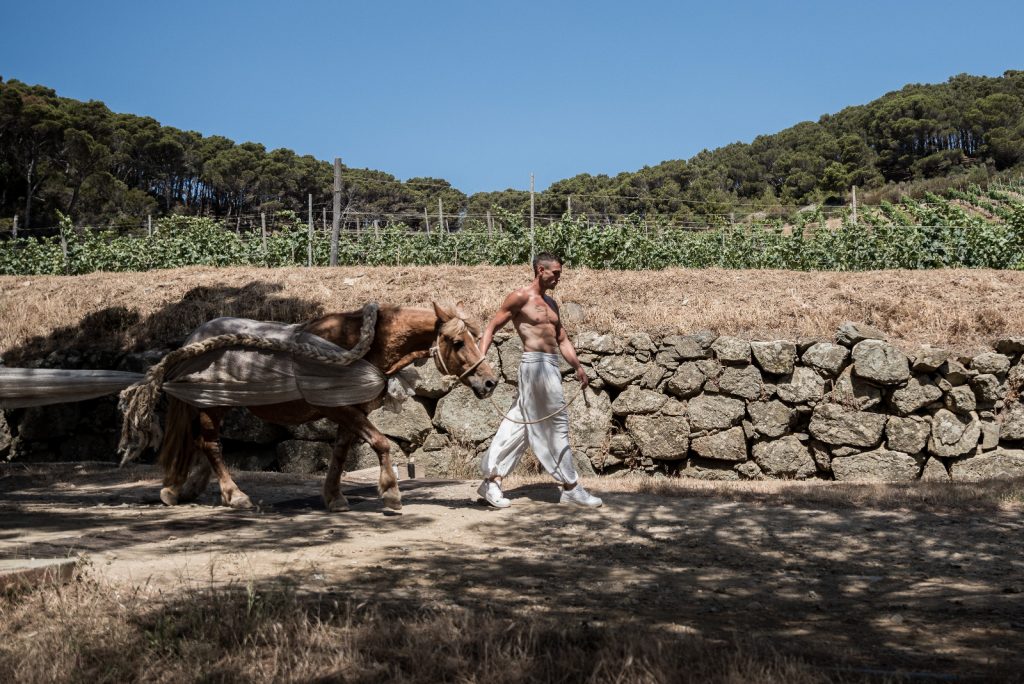
It is a model based on trust and responsibility, as emphasised by the main architect of this singular social experiment, Carlo Mazzerbo, who was prison director for 30 years. Of Sicilian origin, he does not hesitate to call this island his life project, even though there have been moments of discouragement and loneliness.
“It is a great challenge to be the warden on the island. It forces you to experience human relationships intensely – there are no filters or screens,” Mazzerbo says.
One of the most difficult things, both agree, is that in order to help prisoners change, you must subvert the internal hierarchical dynamics of prisons, a relationship between those inside and those in control that is too often based on the exercise of power, repression, and violence. On Gorgona, with its small number of prisoners, most of who arrive towards the end of a much longer period behind bars, something very different is possible.
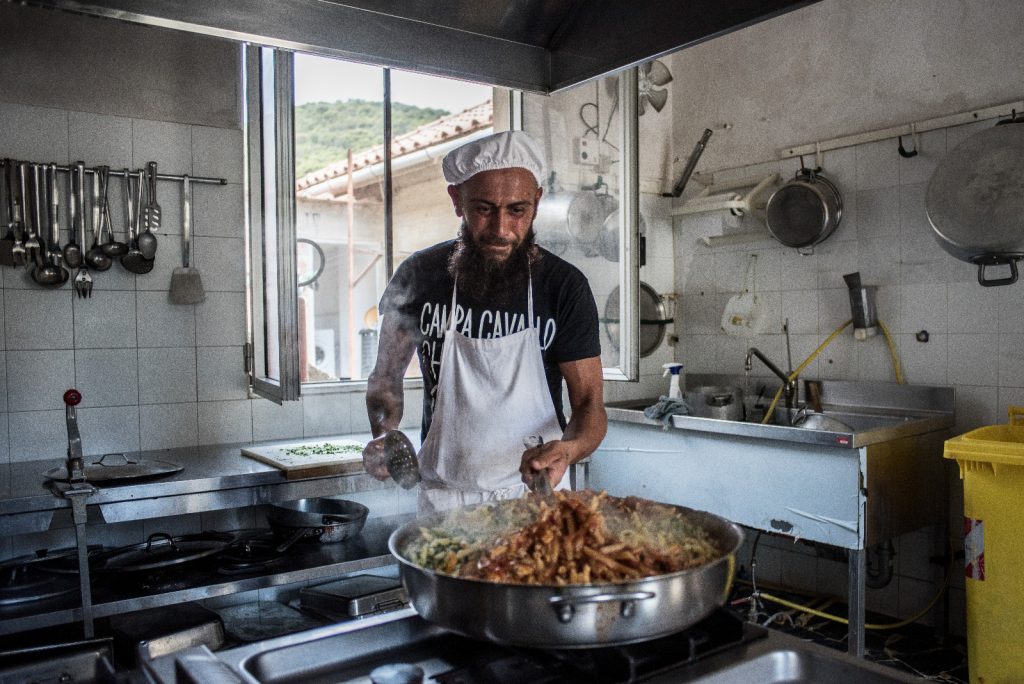
Says Mazzerbo: “It is possible to have a breakthrough here by working to create a community that is based on respect.”

